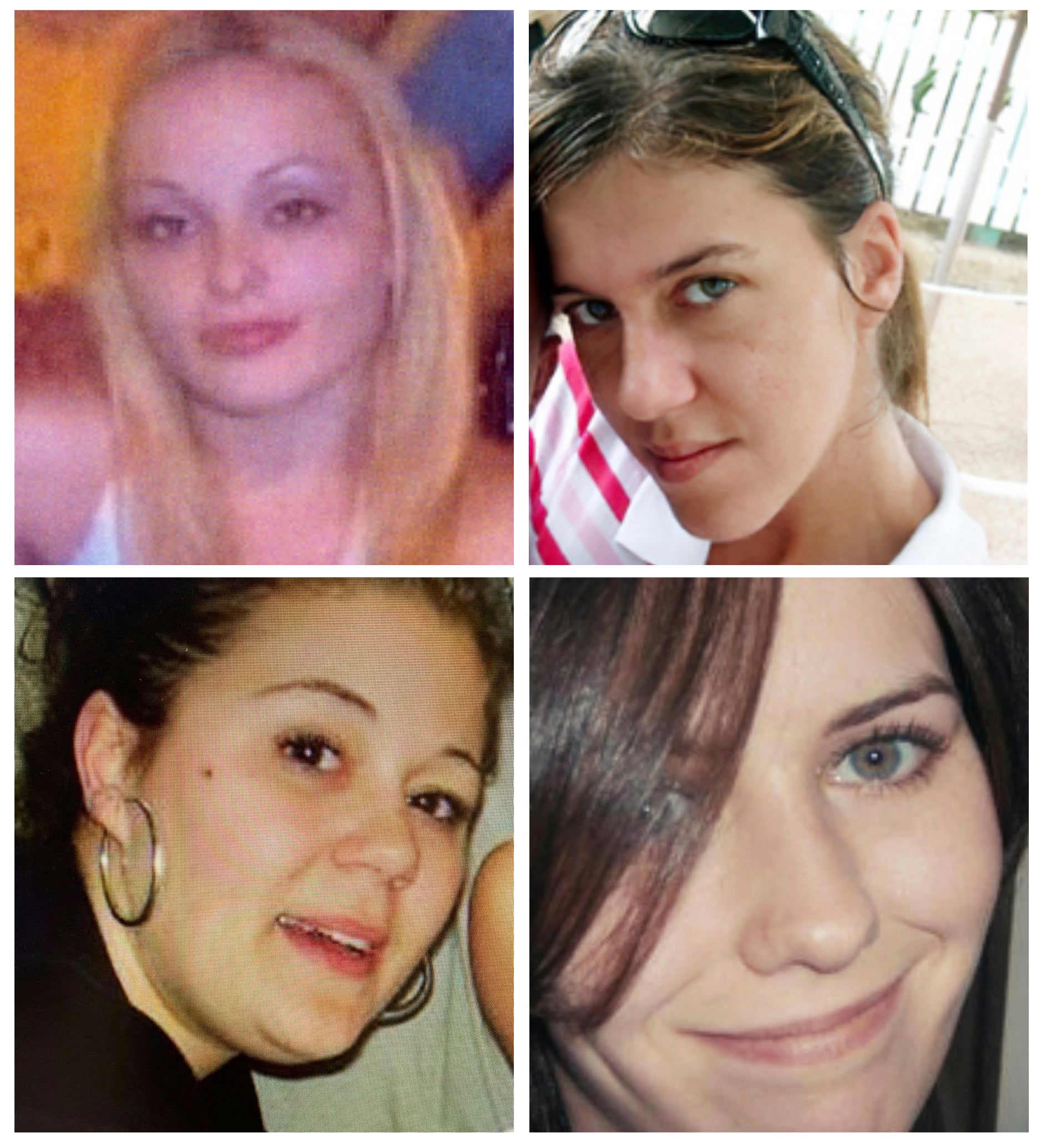Gilgo Beach murders suspect must submit DNA sample, judge rules
New swab will be used to test against a DNA profile developed from pizza crust and napkin found to match hair sample
The accused Gilgo Beach serial killer Rex Heuermann must provide a DNA sample, a Suffolk County judge ruled on Wednesday.
The 59-year-old Manhattan architect who is charged with the murders of three women put up a fight against the request for a cheek swab of DNA. But the judge sided with prosecutors.
“The Court finds that contrary to the defendant’s contentions, there is probable cause to believe that the defendant committed the crimes charged and, therefore, a basis to compel the buccal swab,” Judge Timothy Mazzei wrote in the court filing.
The judge added that the court found that a comparison of Heuermann’s DNA with the evidence obtained, including “the DNA found on the pizza crust and napkin, will yield probative material evidence, whether it is inculpatory or not.”
Mr Heuermann, who resided with his wife in Massapequa Park on Long Island until his arrest last month, is charged with three counts of first-degree murders in the deaths of Megan Waterman, Melissa Barthelemy and Amber Costello.
All of their remains were found within a quarter-mile radius of each other along Gilgo Beach in 2010.
He has pleaded not guilty to the charges.
Mr Heuermann is also the prime suspect in the murder of Maureen Brainard-Barnes – who was last seen alive in early June 2007 in New York City and who, together with the three other women, is known as part of the “Gilgo Four”.

Key evidence came this year in the case when investigators reportedly recovered the suspect’s DNA from leftover pizza crust thrown and a used napkin into the trash close to his office in Manhattan.
The new DNA swab will be used to test against a DNA profile developed from the pizza crust and napkin which was found to be matching to a hair sample found on a burlap used to “restrain and transport” Waterman’s remains.
In the court ruling, the judge also stated that cheek swabs were previously obtained from Mr Heuermann’s wife Asa Ellerup and their two children “upon consent for further DNA analysis”.
The samples were collected from a trash can outside the couple’s Long Island home and linked through mitochondrial DNA testing to hairs found on or near three of the victims.



